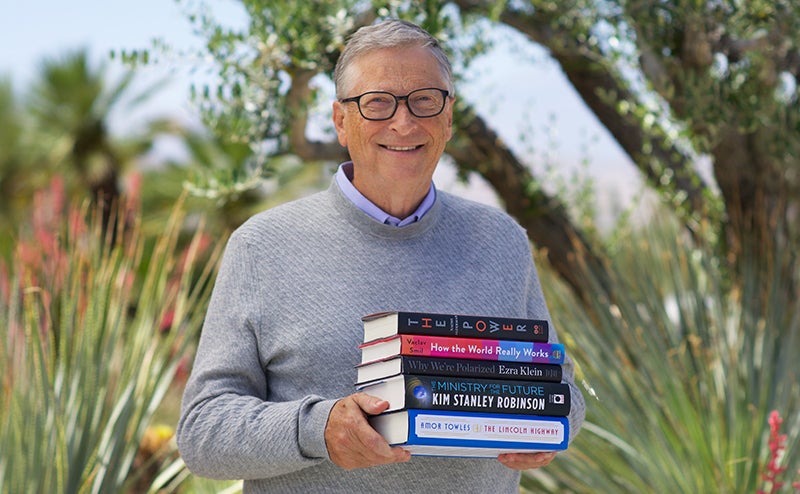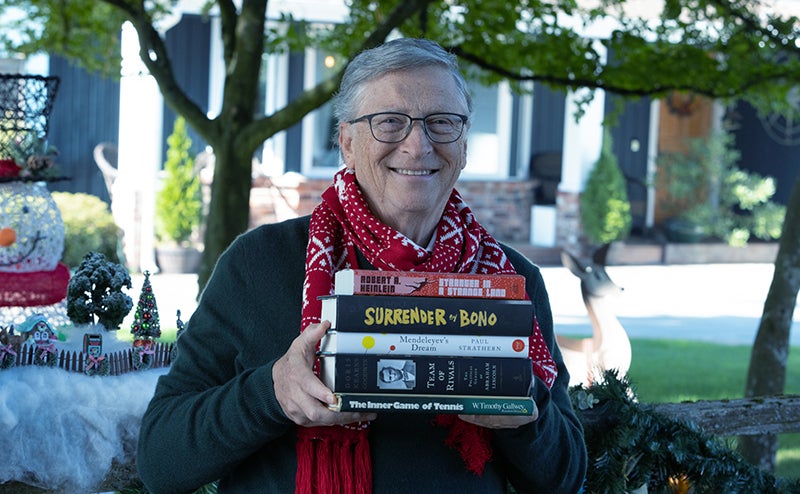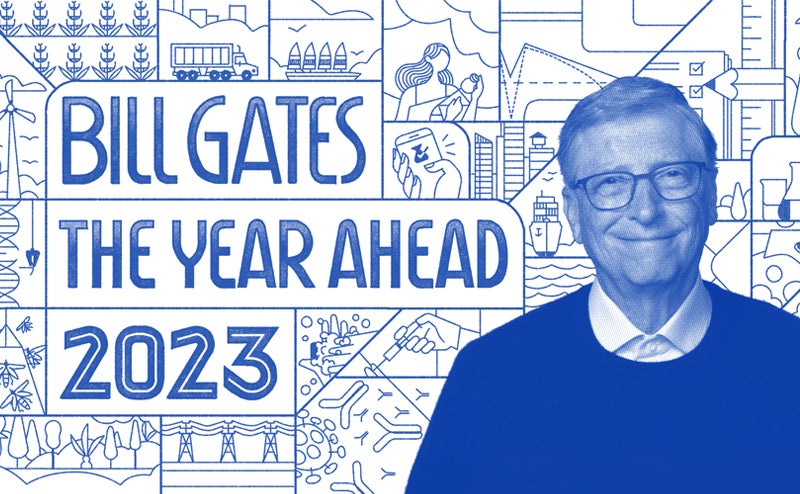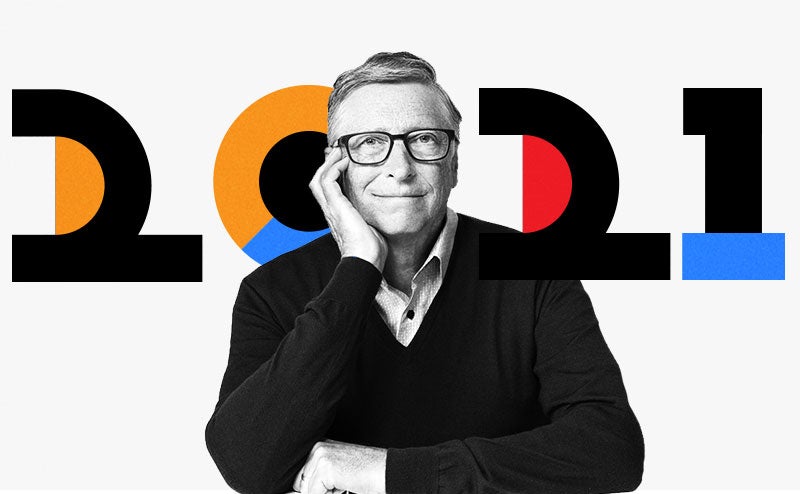For the last 25 years, Dr. Qadri has been one of the few people advocating for an affordable vaccine to protect entire communities from cholera epidemics.
If you can read this, you probably have access to affordable and reliable electricity all day, every day. 1.4 billion people around the world don’t.
We need to address the impacts of climate change by investing in innovations that will help power the world with carbon-free energy. At the same time, we must find ways to deliver affordable energy to people who don’t have access to electricity today so they can live healthier lives, build stronger communities, and find a path out of poverty.
In my travels, I’ve seen how lacking access to energy has impacted people’s lives, sometimes in surprising ways. But I’ve also seen how innovative and resourceful people can be in the toughest circumstances.
This composite of satellite images shows us how much of the world spends the night in total darkness.
This is a powerful image for me, because you can see the inequalities so clearly. Notice how bright North America and Europe are, while sub-Saharan Africa—which has just as many people—is almost entirely dark.
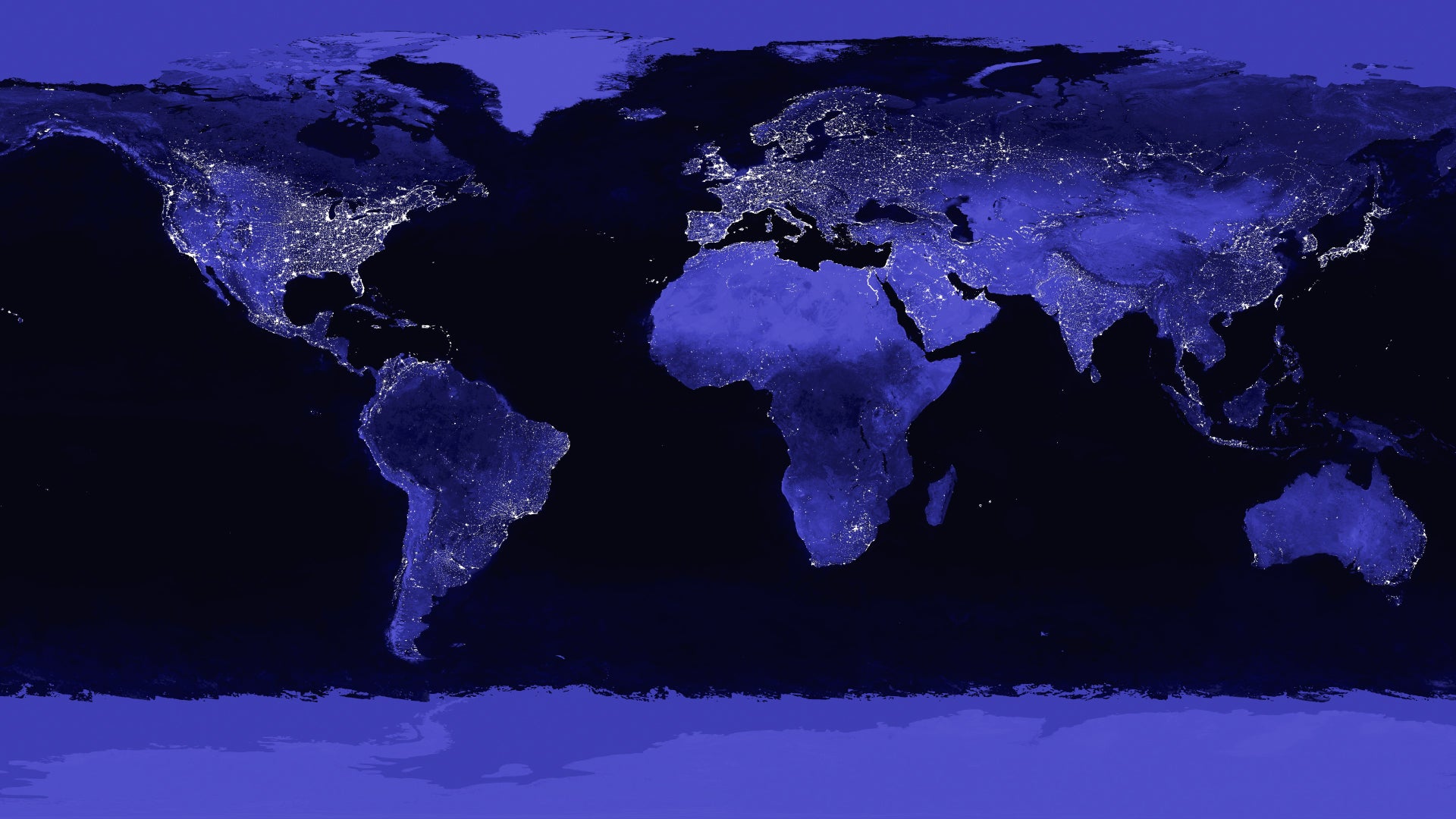
Without electricity, people cook by burning dirty fuels like charcoal, cardboard or dung. This pollutes the air and causes respiratory problems, particularly in children.
Indoor air pollution contributes to 1 out of every 14 deaths in the developing world. Here in Thailand, outdoor smoke from cooking creates environmental health risks that are often compounded by the effects of climate change.
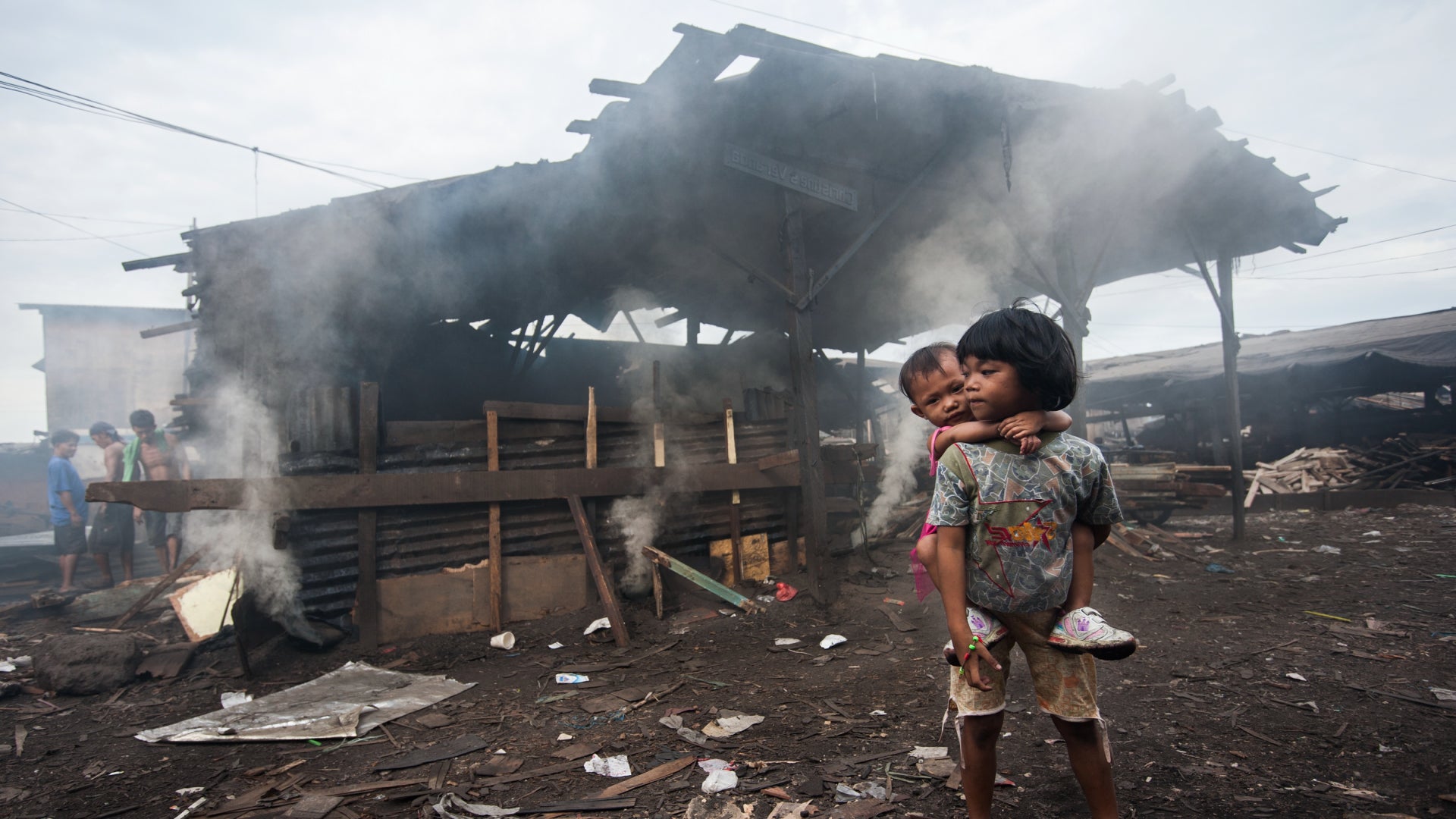
Without reliable electricity, medical procedures are often performed by flashlight, or even candlelight.
Here, medical staff care for a newly-delivered baby in Sierra Leone, a country with the world’s third-highest infant mortality rate.
You wouldn’t think that something like electricity makes a difference in a newborn’s life, but it does.
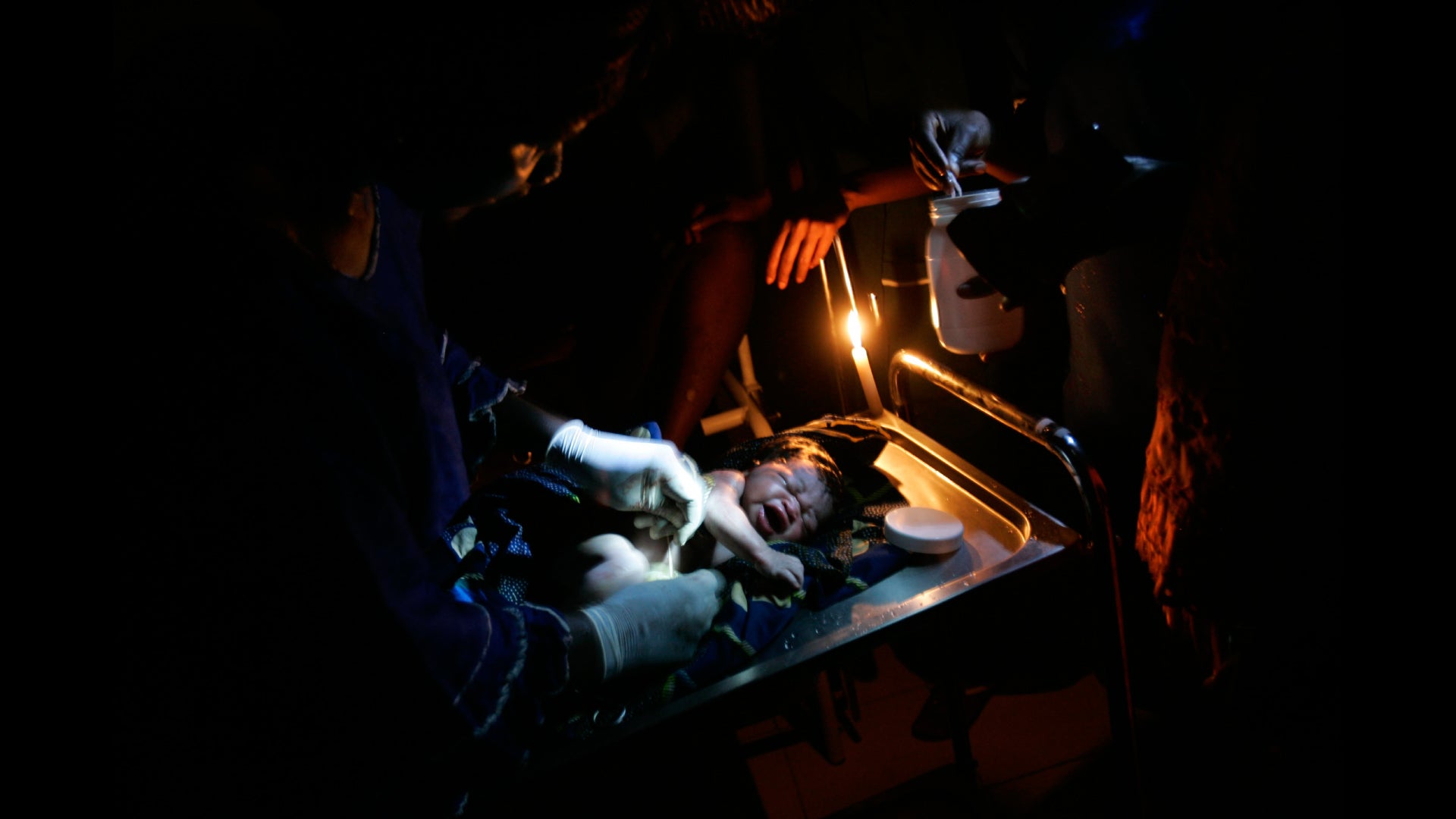
Vaccines need to be stored at a stable temperature, or they spoil and become ineffective. It’s not easy to tell when a vaccine goes bad, so it’s crucial to keep the “cold chain” intact.
This clinic in Nigeria has enough power to run a refrigerator, but many in the world don’t. It’s frustrating to visit areas that have access to life-saving medicine, but lack the ability to know for sure that it will work.
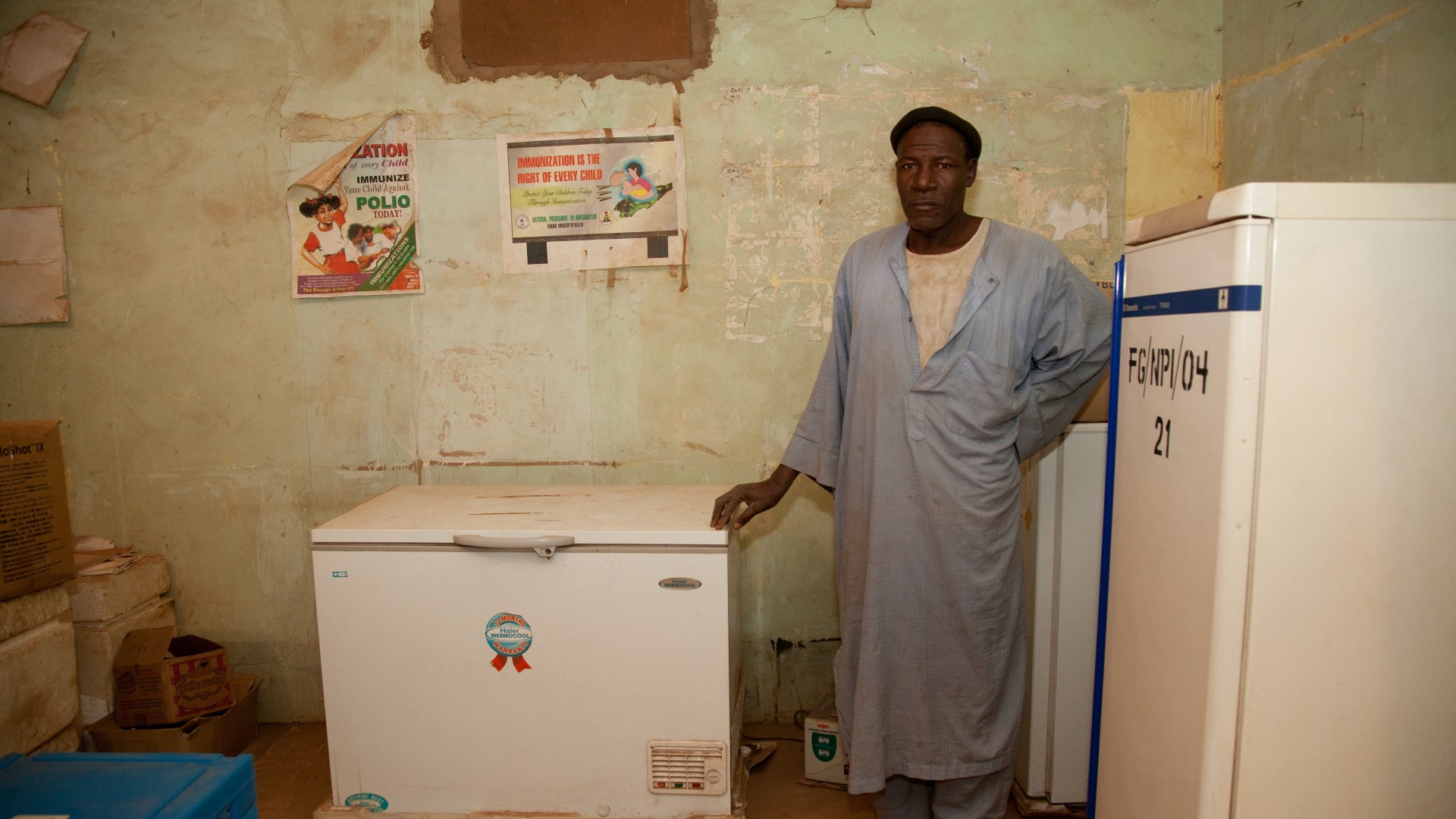
Having light to read by at night may not seem like a luxury, but it is for millions of families in poor countries living without electricity. Light is essential when you’re trying to get an education. These students don’t have electricity at home, so they come here every night to do their homework under streetlamps.
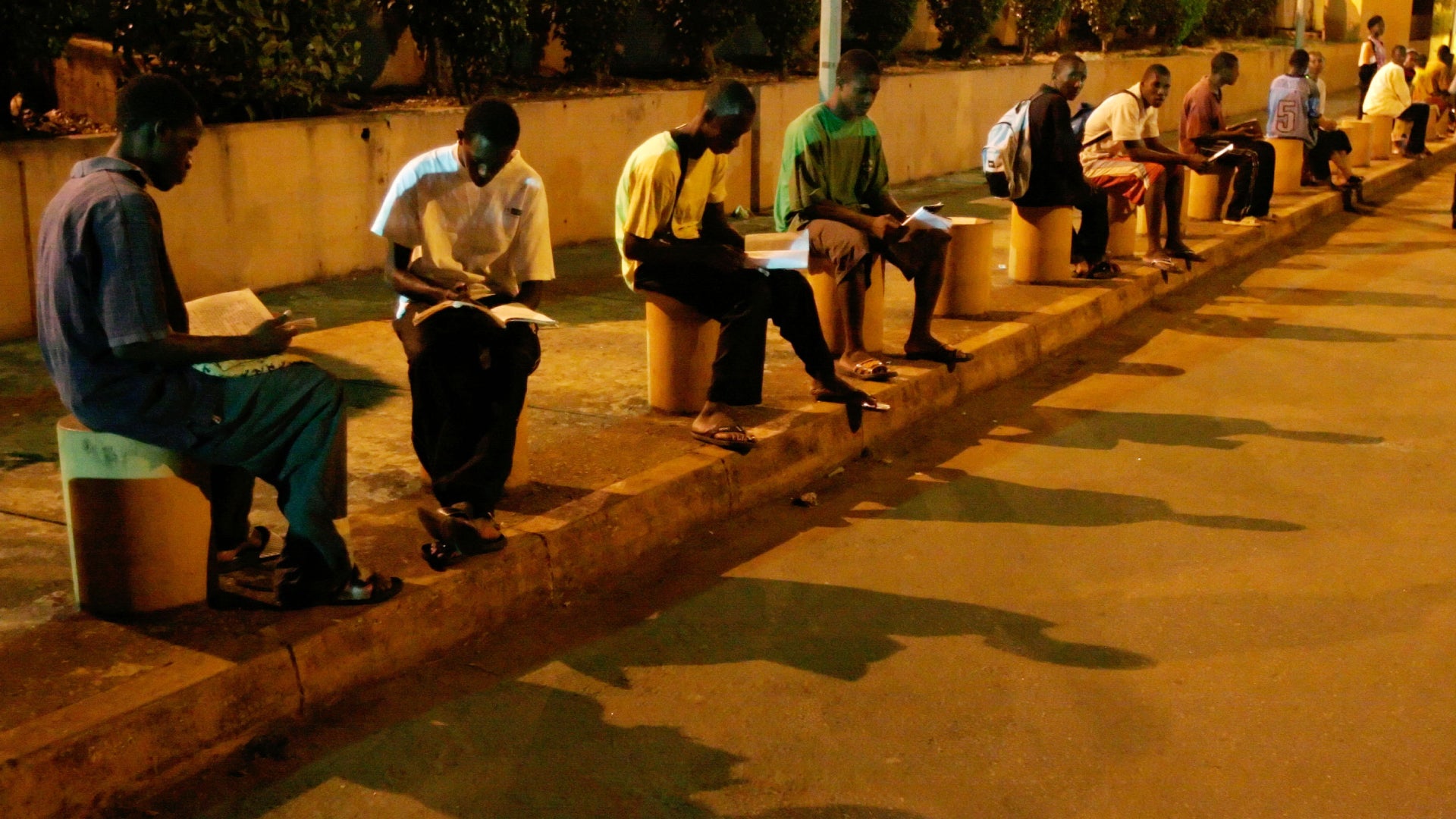
Instead of going to school, these children in Manila are making charcoal, a dirty fuel that is the livelihood for many poor families.
I believe that if we can deliver cleaner, cheaper energy to the developing world, children like these will be healthier, with more time to learn and a better chance at advancing in life.
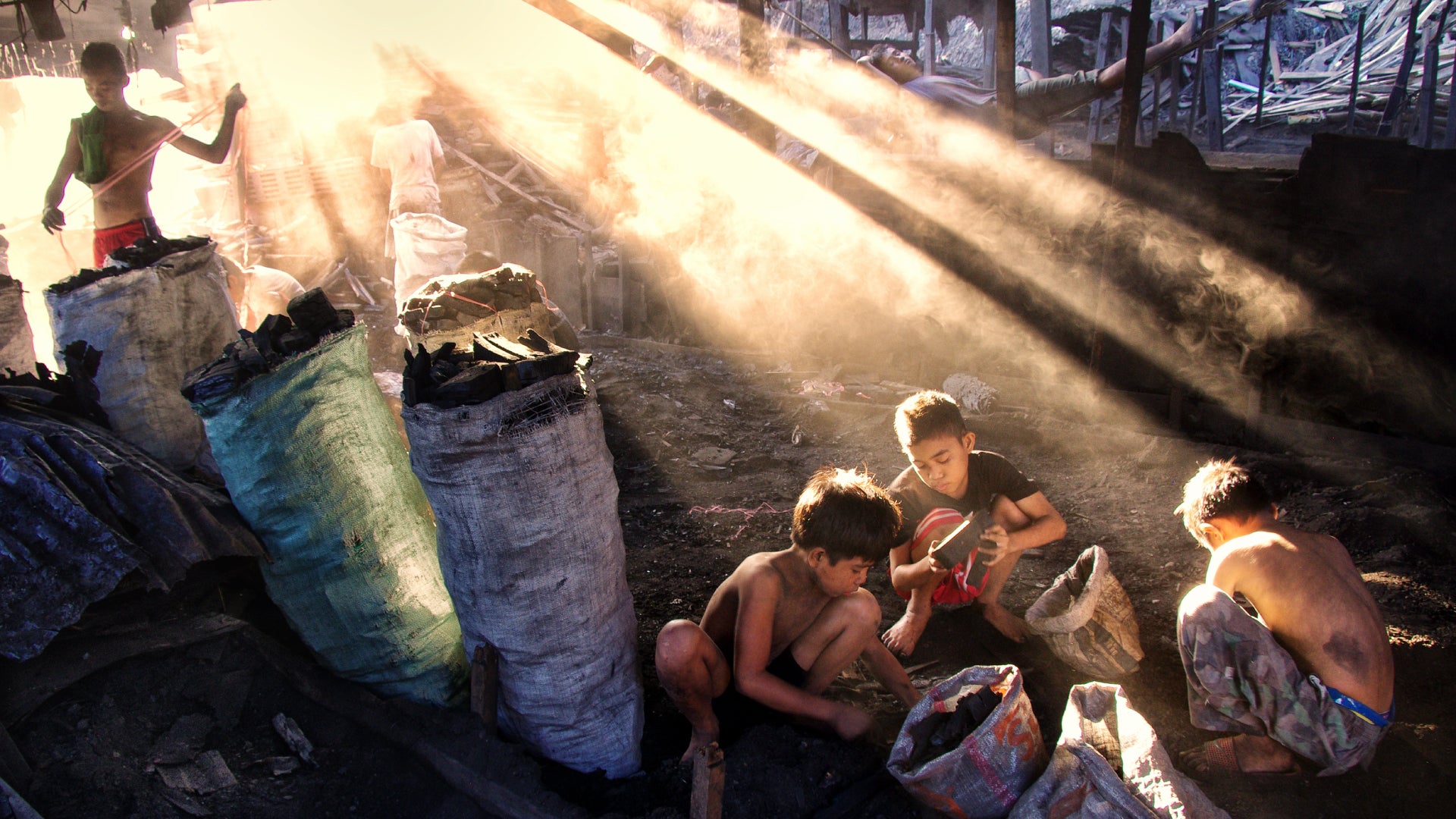
In underserved areas, power outages are frequent and sometimes last for a very long time. These children in Syria have not had any electricity for 10 months—they keep the lights on using a battery they charge by pedaling this bicycle.
I like this image because it shows how innovative and resourceful people can be, even in very difficult conditions.
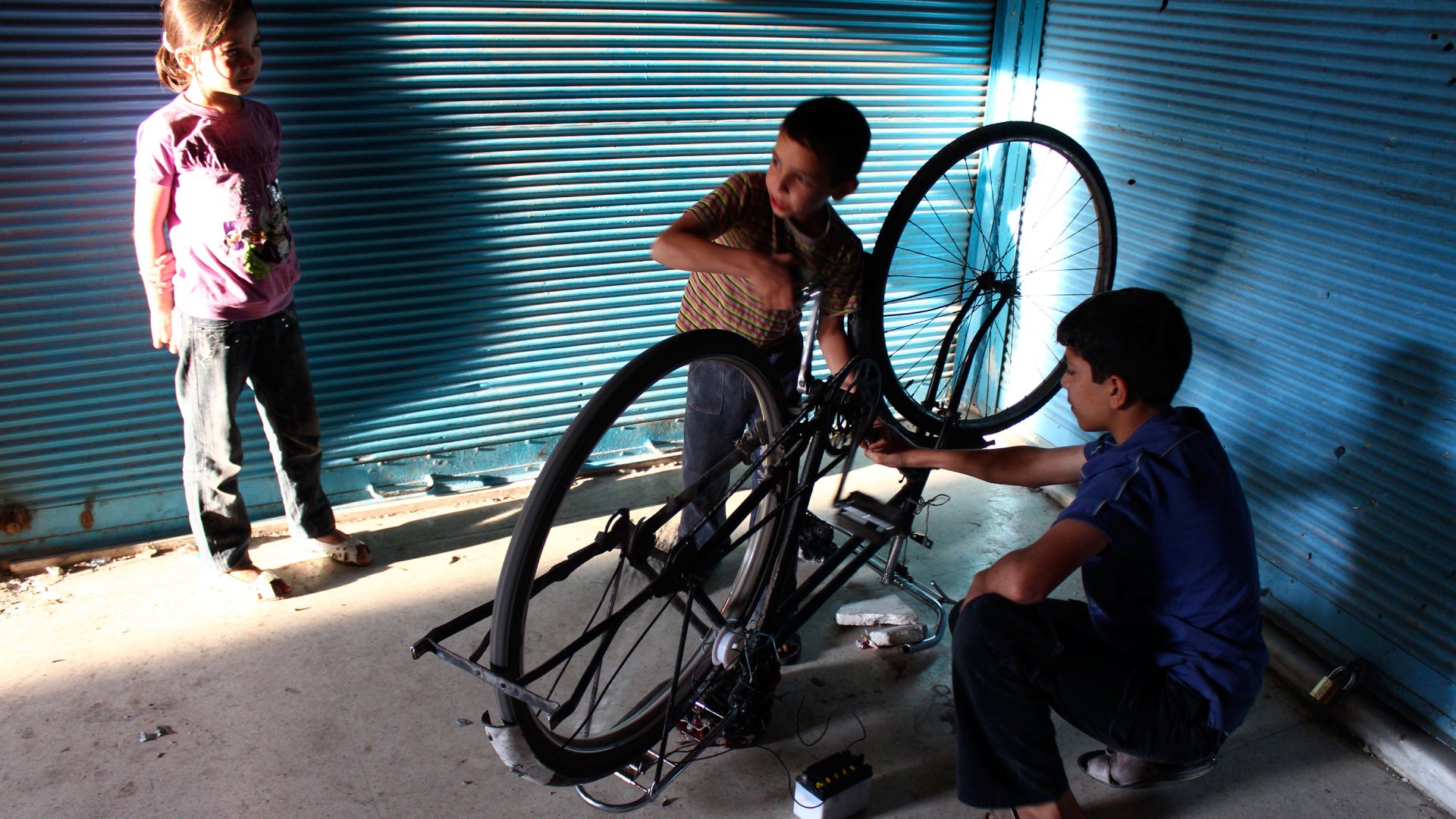
I’m optimistic that we can invent clever new ways to generate safe, affordable and reliable energy for everyone. This family in China uses a biogas digester, which converts pig excrement into methane gas. The digester traps the gas and converts it into energy for cooking and light, while reducing pollution.
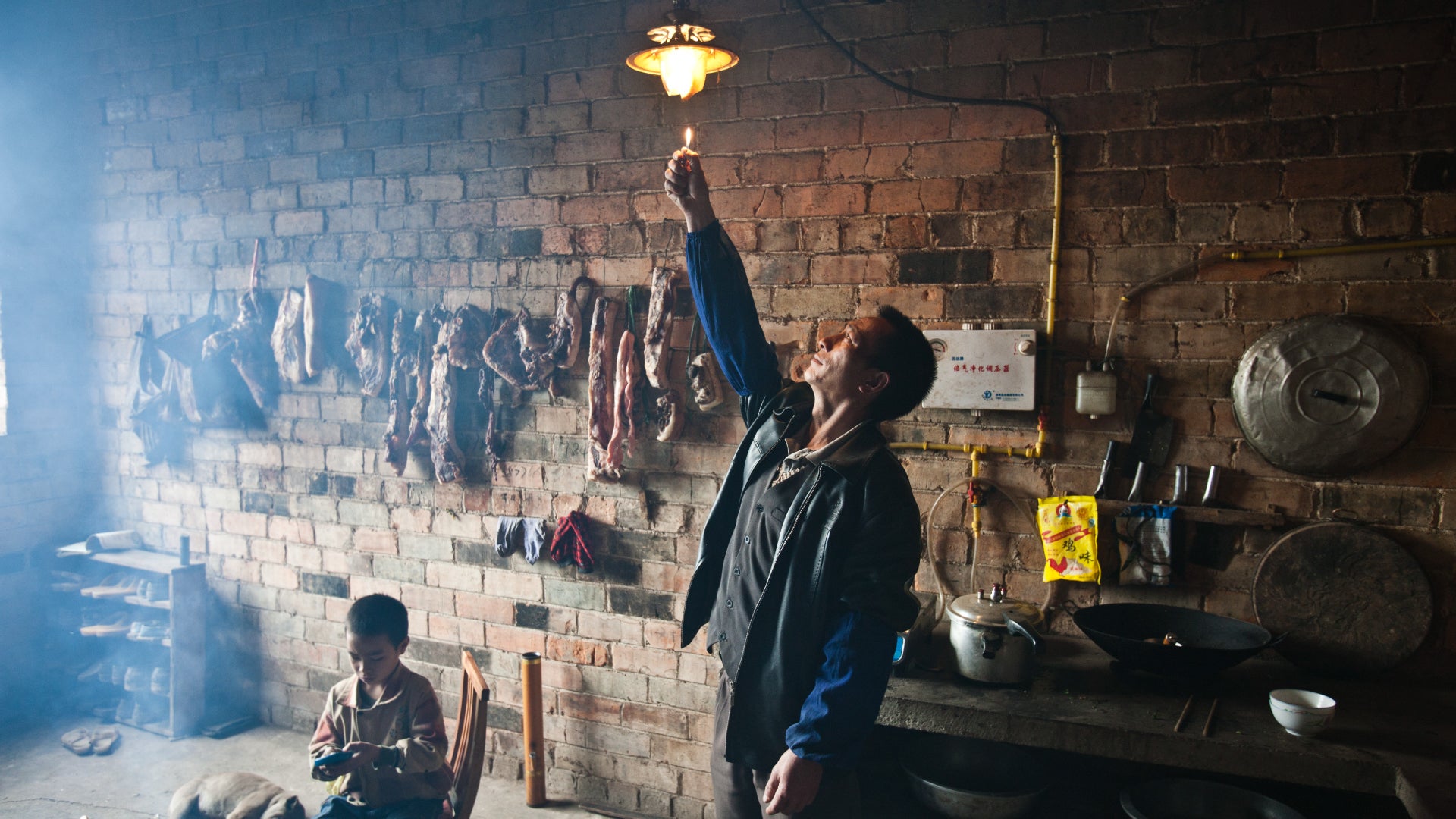
People in the developing world will be among the first to suffer the effects of climate change, even though they hardly did anything to cause it.
As we invest in ways to achieve zero-carbon energy, I believe we also have a responsibility to help poor countries adapt to the realities of a changing environment.
The world has solved huge problems before, and I’m confident that we can solve this one through commitment, focus and innovation.
